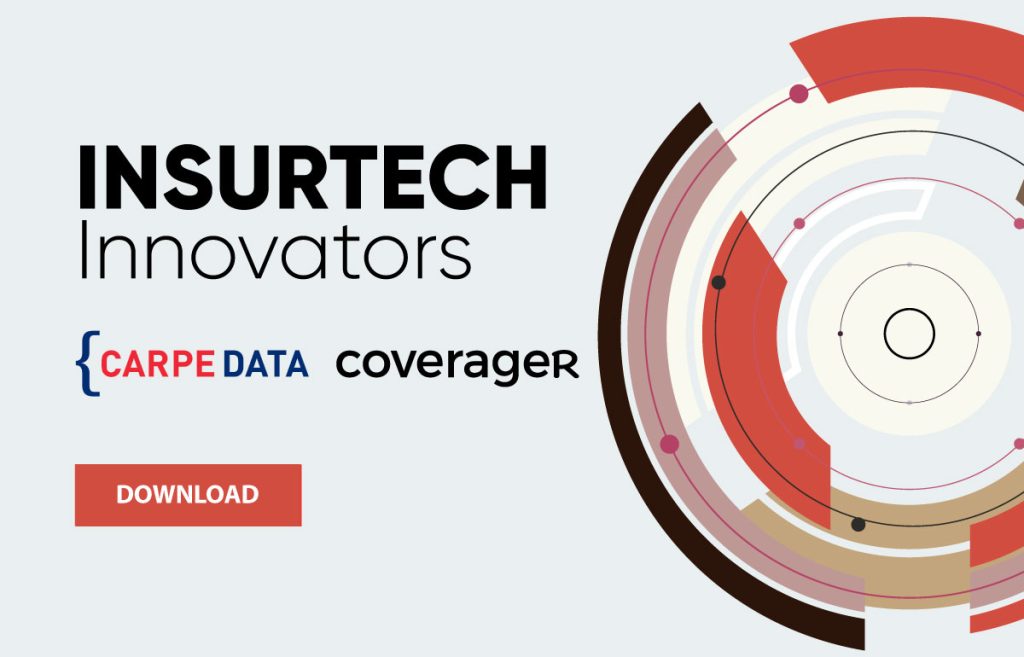Mount Sinai Launches BioMed Blockchain Research Center
The Icahn School of Medicine at Mount Sinai and the Institute for Next Generation Healthcare announced the official opening of the Center for Biomedical Blockchain Research. The ambitious venture – the first of its kind at any academic medical center – will place Mount Sinai on the cutting edge of research that uses the technology, a distributed, decentralized secure database system originally developed for Bitcoin, to solve problems in health care and medical science.
The Center for Biomedical Blockchain Research is led by Joel Dudley, PhD, Executive Vice President of Precision Health at Mount Sinai, Mount Sinai Endowed Chair in Biomedical Data Science, Associate Professor of Genetics and Genomic Sciences, and Director of the Institute for Next Generation Healthcare, along with Noah Zimmerman, PhD, Assistant Professor of Genetics and Genomic Sciences and Director of the Health Data and Design Innovation Center.
Dr. Dudley’s research efforts focus on the application of data-driven approaches and machine intelligence to solve problems in biology and health care. The new center complements Dr. Dudley’s previous work developing predictive health applications from electronic health records, wearables, and related digital health information.
Dr. Zimmerman’s research involves designing data-driven technologies to improve decision-making in health care. Previously, Dr. Zimmerman was the co-founder of a venture backed health-tech startup and served as a data science lead at Pivotal Software, Inc., where he delivered predictive models for multibillion-dollar companies in health care and biotech.
The center’s research will lay the groundwork for its forthcoming industry partnership program for companies looking to develop biomedical blockchain solutions that address problems in both clinical medicine and biomedical research.
The center will work toward developing health care blockchain applications by:
- Conducting scholarly evaluations of blockchain-enabled solutions;
- Providing partnership and consulting opportunities with companies working on these projects;
- Building and testing its own systems within the Mount Sinai Health System.
“At Mount Sinai, we bring to the table deep expertise in biomedical data, machine learning, and data governance. This experience will allow us to address many of the most promising uses for blockchain in biomedicine with the goal of improving healthcare delivery and reducing costs,” says Dr. Zimmerman.
Numerous companies are already exploring the use of blockchain technologies in biology and health care. These applications include encouraging individual participation in drug development and clinical research trials, expanding access to health insurance products in underserved markets, improving quality control in the pharmaceutical industry to reduce counterfeit drugs, and enhancing research reproducibility.
“There is an opportunity to reimagine how we organize and incentivize individuals and organizations to promote health,” says Dr. Zimmerman. “Our aim is to understand whether blockchain, and associated technologies, can be used to solve open problems in health care and biomedical research.”
“We expect that some early use cases could emerge from areas where existing systems and approaches fall short. The fragmented nature of regional and global health care systems prevents the flow of vital information and creates barriers to access for underserved groups. We see the potential for blockchain and related technologies to enable applications that support more unified health care ecosystems and serve the greater goals of realizing national and global precision health networks.” – Dr. Dudley.




